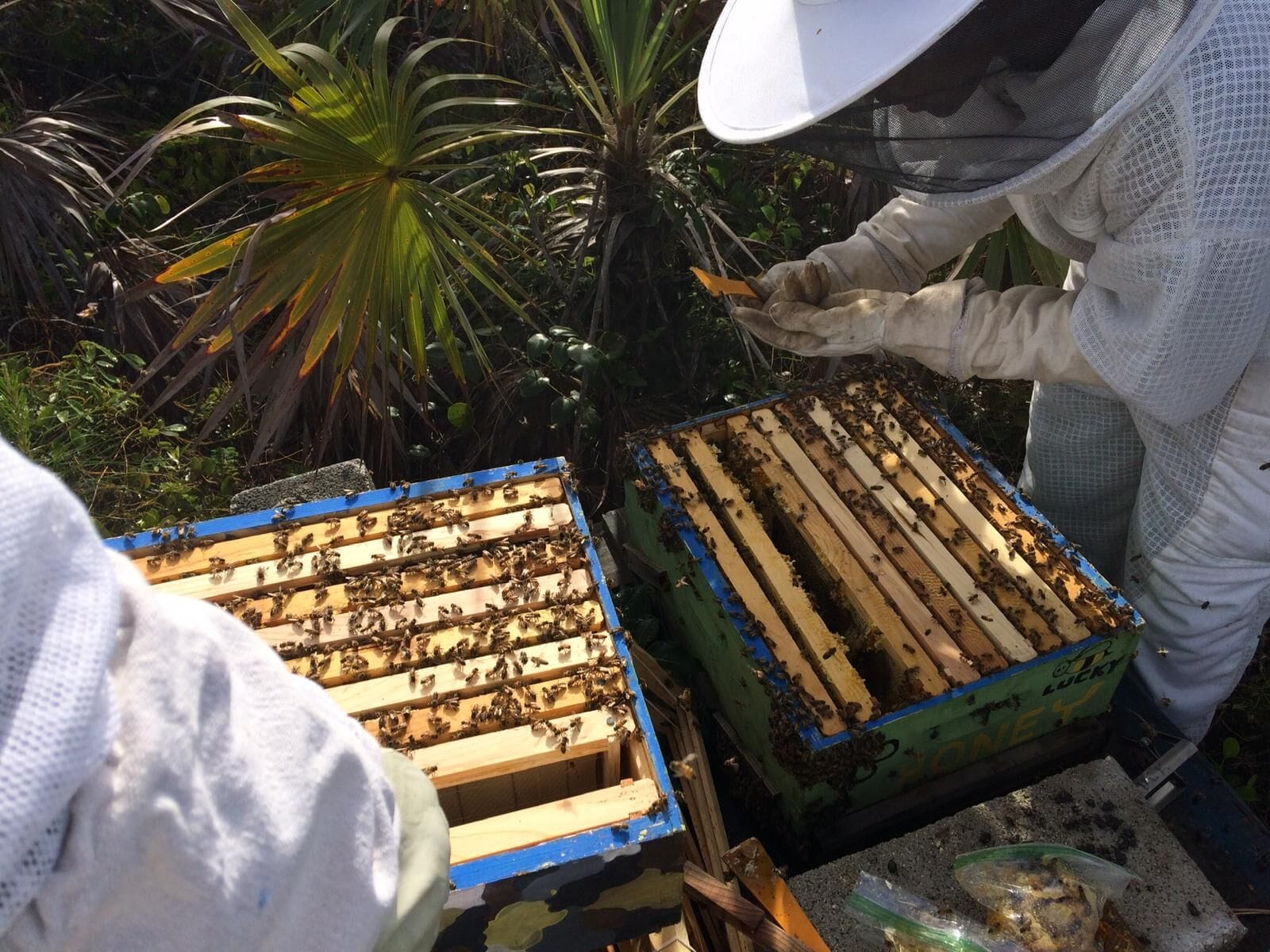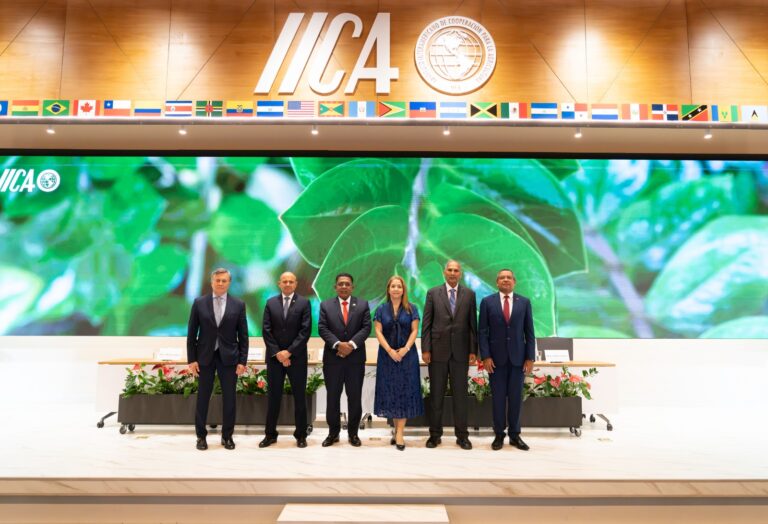IICA and Caribbean Export are mentoring micro, small and medium enterprises, preparing them to capitalize on new commercial opportunities in external markets.

San Jose, 10 September 2020 (IICA) – Caribbean micro, small and medium-sized businesses, operated by youth and women, are preparing and building capacities to enable them to profit from international and intraregional trade in the aftermath of the pandemic.
Eric Cato, one of the beneficiaries in Belize, remarked that, “I would like to improve my business’ ability to appeal to export markets, particularly in terms of labelling and packaging. There are limited resources at the national level to support actors. This initiative by the Inter-American Institute for Cooperation on Agriculture (IICA) and the Caribbean Export Development Agency is timely and critical”.
The impact of the pandemic in the Caribbean has brought to light the urgency of moving away from training based on generic concepts, with a business planning and food processing-related focus, towards specialized, applied training, tailored to the current situation.
According to Diana Francis, Policy and Regional Programming Specialist at IICA, “The initiative is designed to satisfy the practical needs of beneficiaries. IICA and Caribbean Export are of one accord that generic training in business development, although important, is not a viable option. The aim is to prepare beneficiaries for the market, whether national or international”.
There was a pre-assessment of beneficiaries to determine their capacity to access markets. They were then given business to business training, as well as training in negotiations and, in some cases, were advised on packaging and labelling.
The four-month process will end on 30 September, after which a new assessment will be undertaken to evaluate the impact of the initiative. Subsequently, the IICA Delegations in the countries will provide follow-up with the MSMEs.
The virtual training program focuses on the business development stage of the MSMEs, with a view to expanding their export capacity and market access.
It has been demonstrated that these companies have enormous potential to contribute to the growth of regional economies. Particularly, given the current impact of the Covid-19 pandemic, there has been a stronger outcry in the region for companies to contribute to increasing intraregional trade and displacing extra-regional imports.
Janeice Saunders, a Bahamian entrepreneur, commented that, “Those of us who are trying to do business are faced with many regulations. The passage of Hurricane Dorian had a tremendous impact on The Bahamas and the pandemic has created further challenges”. However, she was excited to acquire the new knowledge.
The new conditions in the global trade arena are still uncertain, as it has become more difficult to imports items that have traditionally been a key part of the Caribbean food supply.
Allister Glean, Specialist in Agribusiness and Value Chains at IICA insisted that, “This environment makes it even more evident that there must be a change in strategy and in thinking by those who face these new and daunting challenges”.
He argued that, “The Covid-19 pandemic has produced many challenges for the industry and the people working in it. However, so too has it created opportunities for import substitution and intraregional trade. However, we will need the energy and drive of young people to ensure success. Thus, the intervention should support the efforts of young entrepreneurs”.
“It is critical that we focus on improving the mindset of entrepreneurs. Although capacity building is important, unless we address the drive and the mindset of beneficiaries, we will not achieve the success for which we are aiming”, said Monica Roger-Fletcher, one of the trainers.
The impetus provided by this collaboration between the Institute and the Caribbean Export Development Agency is expected to pave the way for MSMEs to increase their opportunities in the post-pandemic area.
“Caribbean Export is committed to fostering greater export-market access. The organization is improving its approach to the agroindustry sector and young people are key actors. The partnership with IICA is significant and it allows the organization to implement more impactful interventions in agroindustry”, stated Allison Francis, a representative of that agency.
More information:
Allister Glean, Specialist in Agribusiness and Value Chains, IICA.










